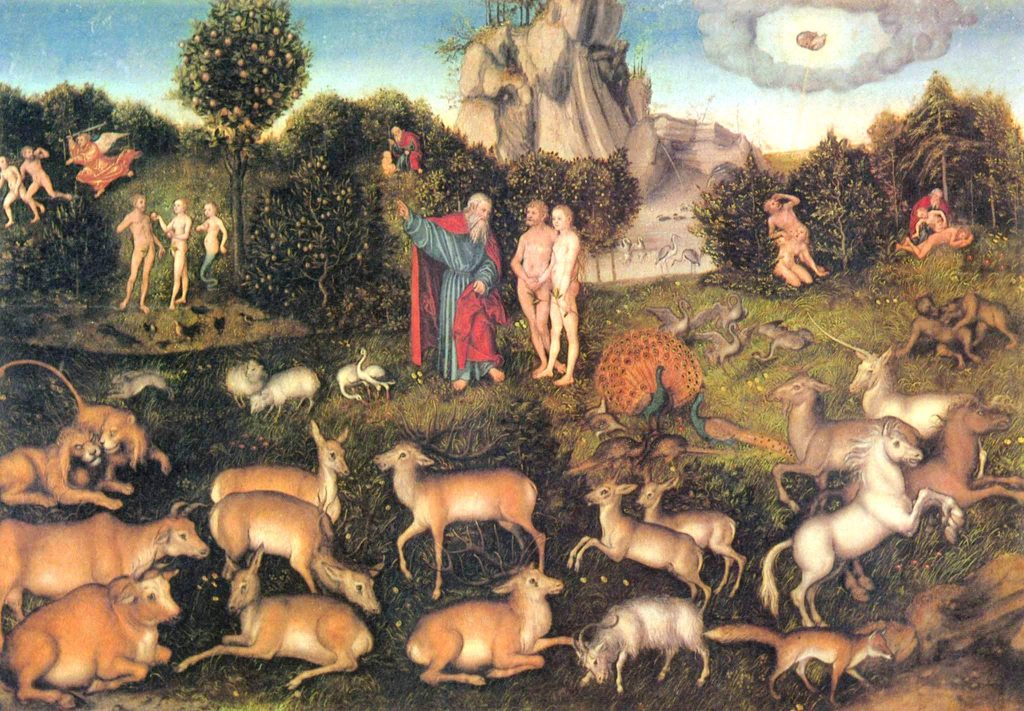
A couple of weeks ago I discussed the Hebrew meaning of the name ‘Adam'{אדם} which derives from the Hebrew word for ‘ground’ or ‘land’ – ‘Adamah.’ {אדמה} Today I would like to talk a bit about the Hebrew meaning of the name of ‘Adam’s wife -‘Eve.’
First of all, the English pronunciation of the name ‘Adam’ is quite similar to the original Hebrew one. However, there is a major difference between the English pronunciation ‘Eve’ and the original Hebrew name ‘Chavah.'{חוה}
The reason for this difference is the difficulty English speakers experience when learning to properly pronounce the Hebrew letter ‘Chet’ {ח}which appears at the beginning of the Hebrew name ‘CHavah’ (*in the old Latin translation of the Bible it appears as ‘Hava’).
The Bible gives us the reason for Eve’s name:
“Adam named his wife Eve, because she would become the mother of all the living.” (Genesis 3:20)
The original Hebrew phrase for ‘the mother of all the living’ is ‘Em Kol Chai’ {אם כל חי} with the emphasis on the last word ‘Chai'{חי} (‘living’). The Hebrew root of the word ‘Chai’ is ‘CH-Y-Y’ {ח-י-י} and its original meaning is ‘life.’
It appears we have a Hebrew play on words here, because of the other – relatively rare – meaning of this root which is ‘to give birth’ as can be found in the Book of Exodus:
“The midwives answered Pharaoh, “Hebrew women are not like Egyptian women; they are vigorous and give birth before the midwives arrive.” (Exodus 1:19)
An interesting – additional – meaning for this biblical name can be found in the Aramaic translation of this Hebrew root (‘CH-Y-Y’) which is another word for ‘speaking’ or ‘talking’ as can be found in the biblical account of the formation of Adam:
“Then the LORD God formed a man from the dust of the ground and breathed into his nostrils the breath of life, and the man became a living being.” (Genesis 2:7)
The phrase ‘living being’ appears in the original Hebrew as ‘Nefesh Chayah’ {נפש חיה} which was translated to Aramaic as ‘Ruach Memalela’ {רוח ממללא}– meaning ‘talking or speaking soul’ and reflects the philosophical approach of the old Aramaic translation of the Hebrew Bible, which wanted to emphasize the difference between mankind and the animals.
